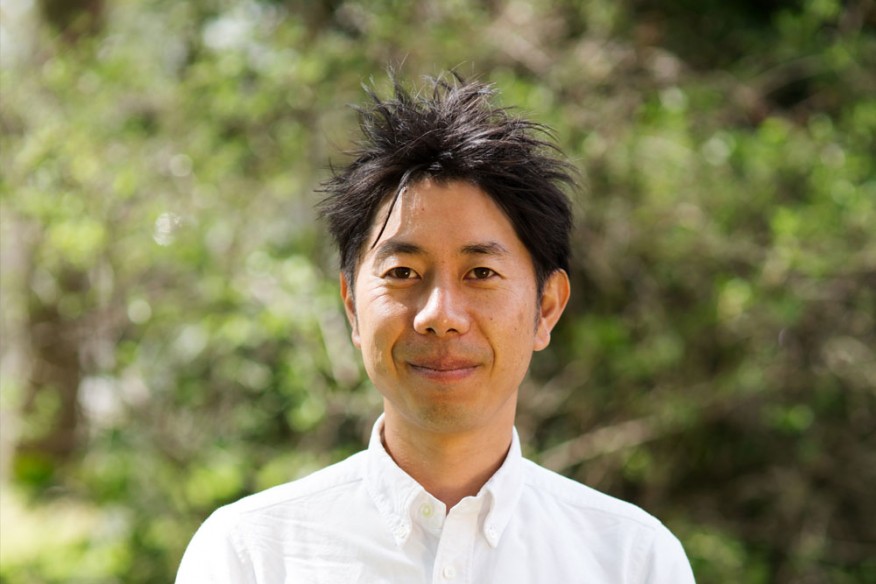-
Practice Method Concentration:Community Organization
-
Practice Area:Community & Social Systems
-
Country:Japan
What prompted you to apply for U-M SSW?
I worked as a human-rights lawyer for 10 years in Japan before I came to the U.S. Although it was a rewarding job, I was frustrated by the limitations of my job. What I could do for my clients was basically to mitigate the negative outcomes which have already happened. My work was to stop the bleeding of the people who were already injured. I believed it was the important job, but I always wanted to do something to prevent people from being injured. I wanted to go upstream and I started thinking toward addressing the underlying issues of those negative outcomes such as child poverty, social isolation, and dysfunctional family. I have a sense that healthy and inclusive community should be the key factor for thriving individuals. I then searched for a school where I can learn community organizing intensively and U-M SSW program caught my attention.
How has been/was the learning experience for you?
First, I had many new experiences, from exposing to a country which has completely different culture and environment, studying in a school where the learning style is also so much different from I came from, and being surrounded by people whose backgrounds are not similar to mine. Knowing alternative ways, I could become free from what I had taken for granted. This awareness made me more innovative and creative.
Second, studying in U-M SSW is a totally different environment from my previous experiences, especially from my previous work environment. You don’t necessarily have to produce benefit or numbers in a short run. It was beneficial to have the time to revisit the theories and deep discussion around social justice after knowing the reality and practice of the society. As an international student, I could concentrate on learning experience since I didn’t have so many social connections which can interrupt my concentration and focus.
Third, U-M SSW program weighs the fundamental social worker's mind including PODS and critical thinking. Although I sometimes felt frustrated that the classes immediately jumped in learning practical skills, I gradually understand that process itself foster the most important social work skills.
What are / were the challenging aspects and what helped?
Isolation was the most challenging for me. The language barrier and different background made me hesitate to communicate with American students. International students are such a small population in the school and I felt like nobody cares about us for the first few months. To feel alone in the classroom was tough. The bond with other international folks helped me to overcome the challenge. We formed an informal international student organization in the school and advocated ourselves for the better learning environment for international students. The sense of community encouraged me to step forward.
What are/ were the significant experiences/changes that had occurred to you while you have been/ were in U-M? Provide specific experience if possible.
Community engagement was significant to me. Through volunteering and field placement, I could deeply commit to a project which required community engagement in Detroit. The project was to support those who come back to the community from prisons after serving decades. I visited the clients, clients’ families, community-based organizations and governmental agencies to build a supportive network in the community. From the experience, I came to understand what does actual community look like and how to organize the community. I studied it in the classroom. But with the actual experience and interactions with people in the community, I could integrate what I learned in the classroom and how I can apply those theories and skills to the reality.
What will you like to tell prospective or incoming students?
MSW program is not easy. Especially international students will face many challenges. However, I would recommend engaging the communities outside of the school. By doing that, you would understand deeply what you studied in the classroom or readings and apply these learnings into practice. Also, then you will find a real meaning of being a social worker.
